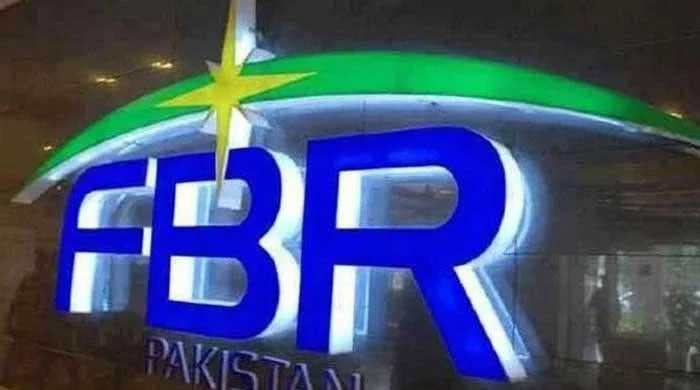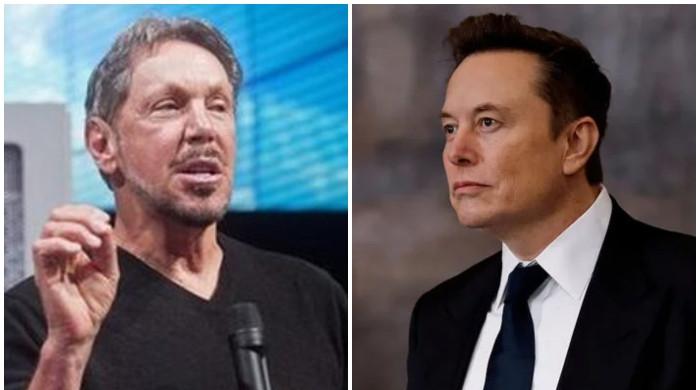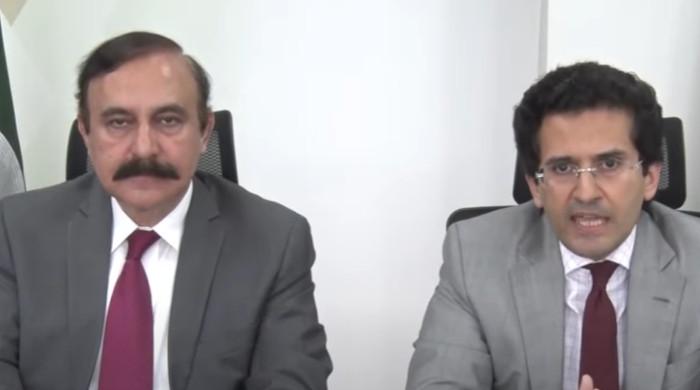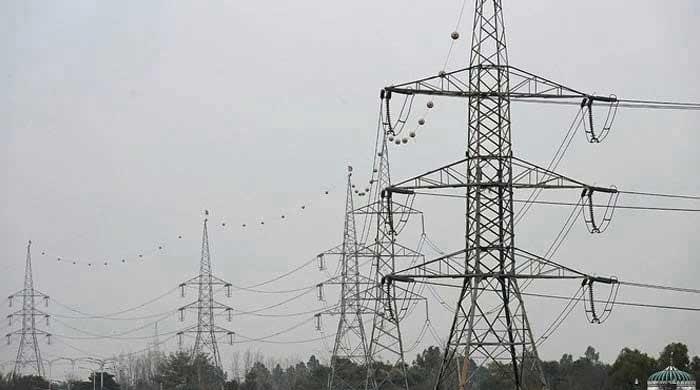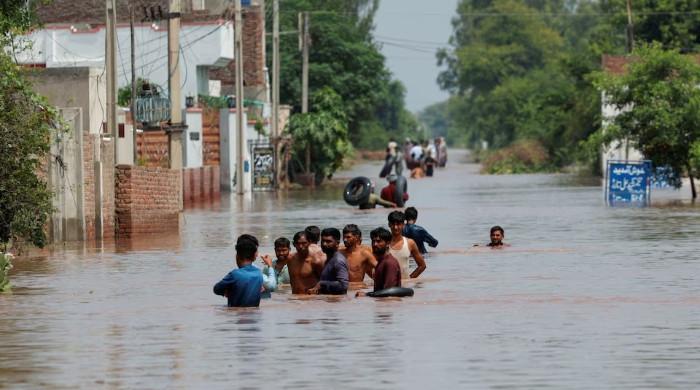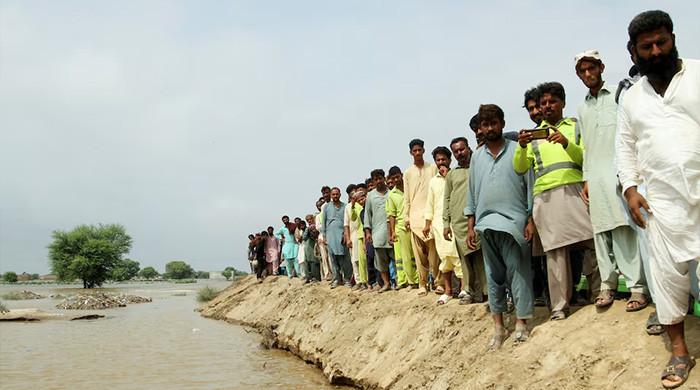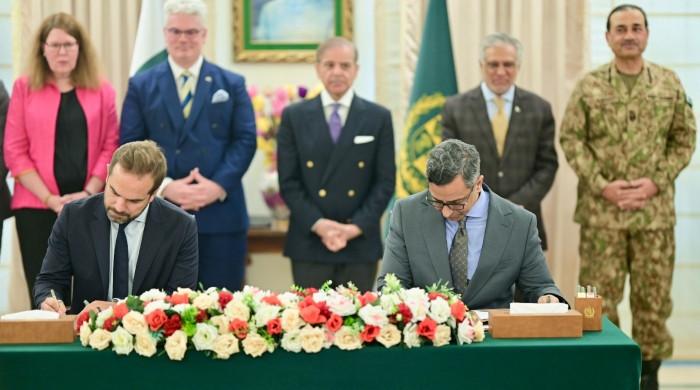How can Pakistan benefit from discounted Russian oil?
The country has five refineries, out of which one was established before partition, and two were set up 60 years back
July 11, 2023
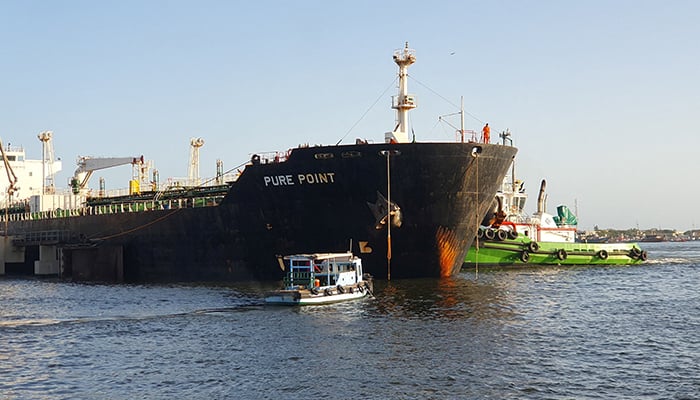
KARACHI: Pakistan is losing out on the opportunity to pass on the benefits of discounted crude oil from Russia due to the old processing technology of its current refineries, industry officials told The News.
The country has five refineries, out of which one was established before partition, and two were set up 60 years back.
The other two, which rely on old technology and the one where the government holds a 60% share, have not been able to attract new investments for many decades.
Pakistan imported discounted Russian crude oil last month; however the benefits of the cheap oil could not be passed to the end consumers as the old technology at Pakistan Refinery Limited (PRL) processed more furnace oil than diesel and petrol.
"Other refineries would do the same if they import the crude oil from Russia as all refineries have old technology," people in the sector revealed.
Pakistan needed to approve the refining policy to upgrade the refining sector if it wanted to benefit from URAL, they said.
The government recently approved Greenfield refining policy to allow the establishment of deep-conversion refining; however, it is still withholding Brownfield refining policy for the upgradation of local refineries.
"It is strange that policy for a new refinery, which will be setup after seven years, has already been approved, whereas the policy needed to upgrade existing domestic refineries remains in limbo," they added.
Tariq Kirmani, chairman of the Board of Directors at PRL, supports a brownfield policy that empowers existing refineries to undertake essential upgrades.
"With an estimated investment of approximately $4-5 billion, this approach would lead to upgrading all existing refineries, eventually resulting in 5 deep conversion refineries, collectively capable of refining around 350,000 barrels per day (bpd) of crude oil," he told The News.
He highlighted the significant advantages of a brownfield policy, stating, "The payback from a brownfield policy far exceeds the benefits anticipated from a greenfield policy."
Even in the face of ongoing economic challenges, he said PRL is committed to its Refinery Expansion and Upgrade Project (REUP), and requires support from the government now more than ever.
The REUP involves expanding the crude processing capacity from 50,000bpd to 100,000bpd.
"PRL is committed to adopting a state-of-the-art deep conversion refinery configuration, equipped with advanced technology that adheres to stringent environmental protocols, including the production of EURO V standard fuels."
He said that while the government has recently approved an attractive refining policy for greenfield refinery projects to woo investments in a new refining complex, which is slated to cost around $10-12 billion for a refinery of 250,000bpd, a policy for upgrading existing refineries was needed urgently.
Kirmani emphasised that the government must take this initiative to create an enabling environment that fosters growth, incentivizes investments, and promotes objectives of self-sufficiency and energy security.
He said REUP's significant cost savings compared to alternative refinery constructions makes PRL's upgrade project an efficient and effective solution for desired outcomes. However, to fully capitalise on this opportunity, the industry’s challenges must be addressed.




